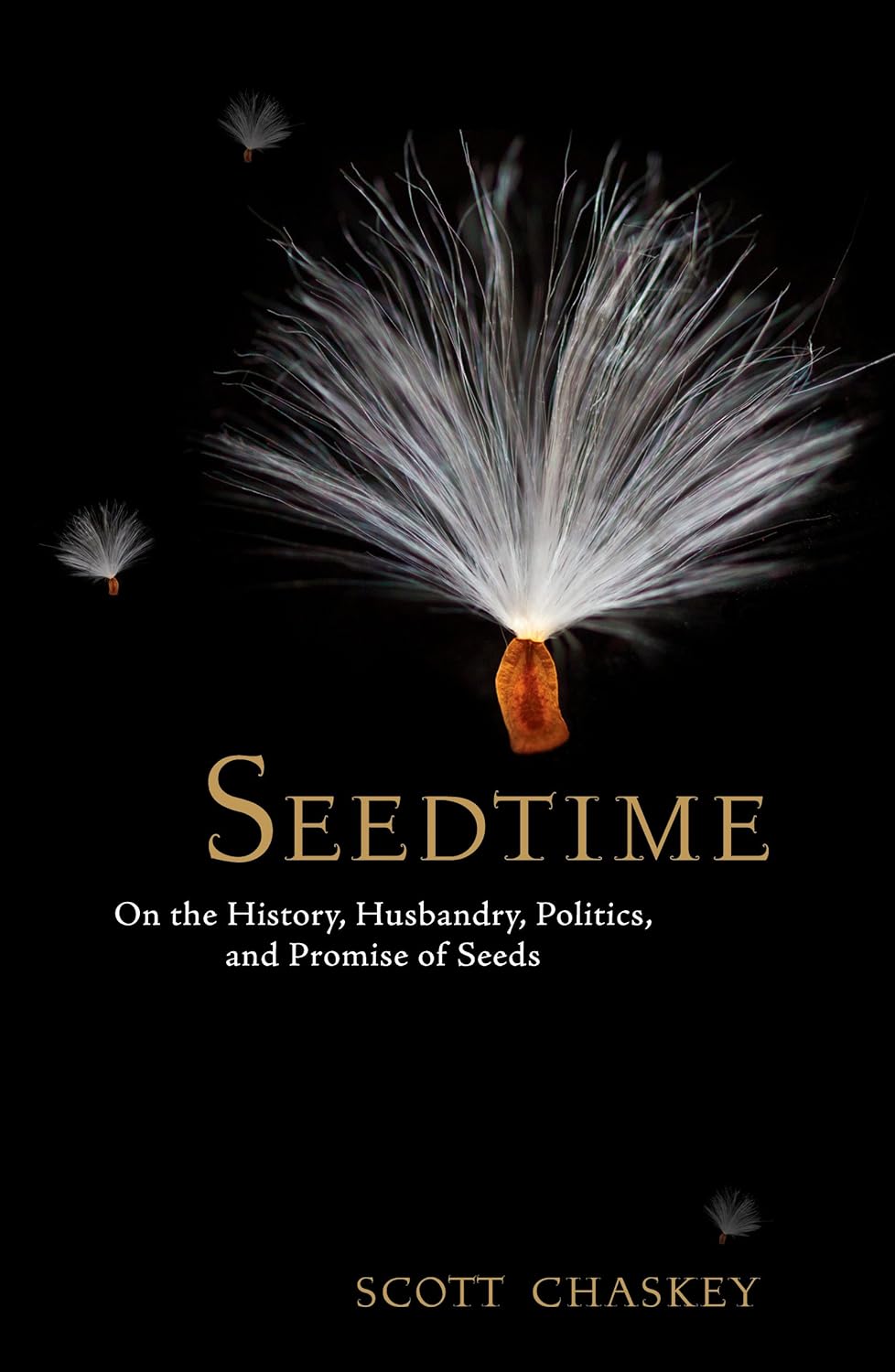
Reading Seedtime felt like walking through my grandfather's neglected garden – overgrown with corporate agriculture's weeds, yet still hiding pockets of stubborn beauty. Chaskey doesn't just write about seeds; he makes you feel the weight of a single wheat kernel in your palm, understanding it contains 10,000 years of human partnership with earth.
What shocked me most wasn't the GMO debates (though those sections are fire), but how Chaskey traces seed-saving from sacred ritual to Monsanto patent. I caught myself staring at my grocery store blueberries differently - realizing their engineered sterility means I couldn't even try saving seeds if I wanted to. That's the power of this book - it shifts your perspective on mundane acts like biting into an apple.
The literary cadence surprised me too. One evening, reading aloud to my houseplants (yes, really), the passages about clover evolution flowed like verse. Chaskey's background as a poet farmer shines when describing how garlic bulbs 'remember' cold cycles or how seed banks function as living libraries.
Is it perfect? The policy chapters drag slightly compared to lyrical field observations. But when Chaskey describes squeezing tomato seeds through cheesecloth, their gelatinous coating sticking to his fingers like ancestral glue... that's when Seedtime transcends being 'just' an environmental book and becomes something closer to a love letter to our broken food chain.

